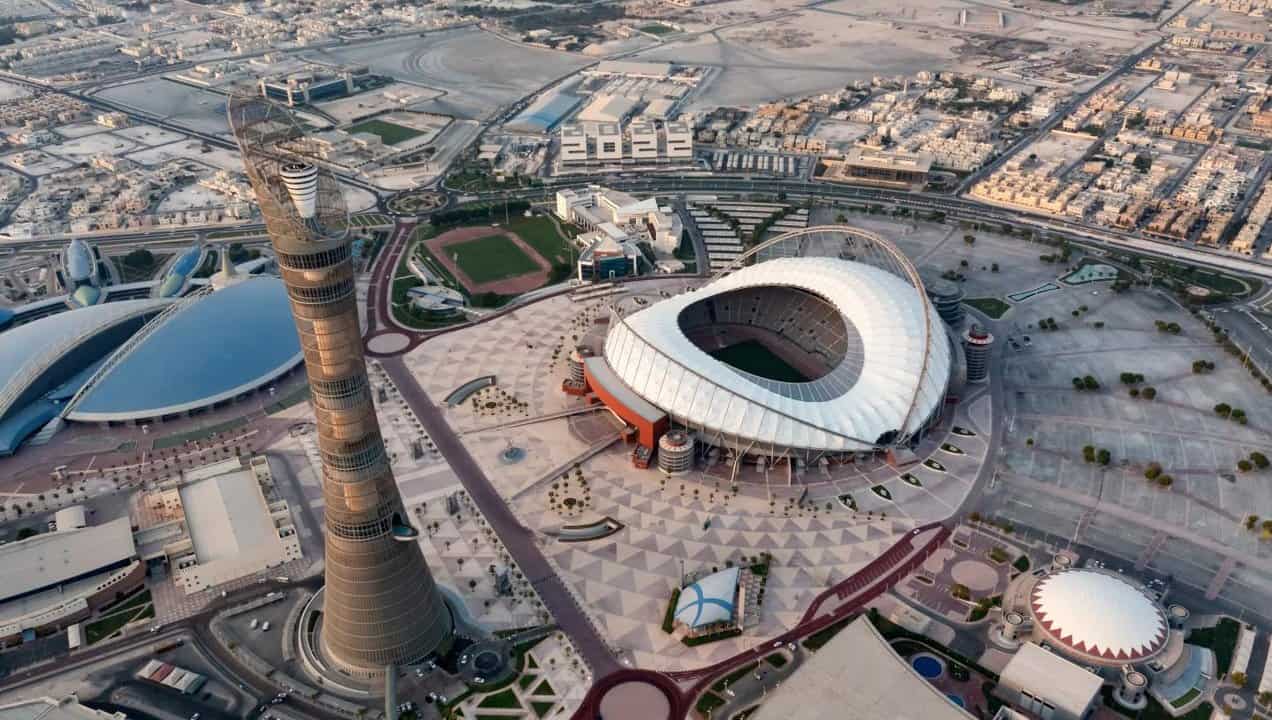Doha, Qatar–After the World Cup earned Qatar both plaudits and censure, the energy-rich Gulf state is now starting a marathon to secure the 2036 Olympics and a place as a pillar of world sport.
Even as Lionel Messi and Cristiano Ronaldo scored goals and shed tears in Qatar’s multi-billion-dollar stadiums, its sports administrators were booking new victories off the pitch.
During the tournament, Qatar was awarded the 2025 world table tennis championships and the opening race of the world endurance championship in 2024, adding to its packed sports calendar.
Formula One returns in 2023, and a major renovation of Qatar’s race track went ahead during the World Cup shutdown.
Qatar also stepped in when China withdrew from holding the 2023 Asian Cup football and is to stage the world swimming championships in 2024.
Its beIn Sports channel with its growing viewership and rights portfolio only adds to Qatar’s sports muscle.
Hosting events is “a very powerful game-changing tool”, said Michael Payne, a former head of marketing for the International Olympic Committee.
Qatar is ploughing ahead with its sporting ambitions despite criticism of its rights record — particularly the treatment of foreign workers who built the stadiums and power the economy of one of the world’s richest countries.
FIFA president Gianni Infantino repeatedly said Qatar was hosting the “best ever” World Cup, and other federations have also welcomed Qatar’s largesse.
An official with the International Table Tennis Federation said “Qatar stepped in to help organize events when Covid devastated the calendar, and its facilities are all in place”.
Qatar won an overwhelming majority in the ITTF vote against Spain for the 2025 championships.
‘Own Goals’
The 2036 Olympics — which will not be awarded before 2025 — is the next big prize. The emir, Sheikh Tamim bin Hamad Al-Thani, is an IOC member and Qatar has already bid for the 2016, 2020 and 2032 Games.
Some analysts say its World Cup record will count against Qatar in the Olympic bid.
Changing the date of the opening match three months from the start of the World Cup and banning beer around stadiums two days from the start were “errors”, said Jean-Loup Chappelet, an Olympic movement specialist at the University of Lausanne.
“The International Olympic Committee wanted none of it (for 2032) and I think that after the World Cup it will be exactly the same,” added Chappelet.
Veteran marketing specialist Payne also said Qatar and FIFA had scored “own goals”, but added that these had been quickly forgotten.
The IOC has a declared policy of rotating the Games, and the Olympics have never been held in the Middle East.
But the scorching summer temperatures of up to 50 degrees Celsius (122 Fahrenheit) mean the IOC would have to switch the Games to the winter months.
Qatar could face competition from Saudi Arabia and Turkey, which has previously bid five times.
The Saudis were part of a Gulf blockade of Qatar from 2017 to 2021.
Ties have since been restored, and Qatar has highlighted the Arab fervour shown at the World Cup to claim its success.
The Saudis pulled off a shock win over Argentina, and Morocco reached the semi-finals.
“It remains to see how long the Arab unity and revitalisation of the FIFA World Cup 2022 will last after the final whistle,” said Danyel Reiche, an associate professor at Georgetown University in Qatar who is leading a World Cup project.
Reiche said sport should become “a tool for peace-building”.
Qatar and Saudi Arabia should launch a joint Olympic bid, copying the co-hosting of the next World Cup in the United States, Mexico and Canada and other big events, Reiche said.
“Co-hosting sporting events with other Middle East countries would add to Qatar’s image of being a good global citizen that has, for example, mediated in major conflicts,” said Reiche.








